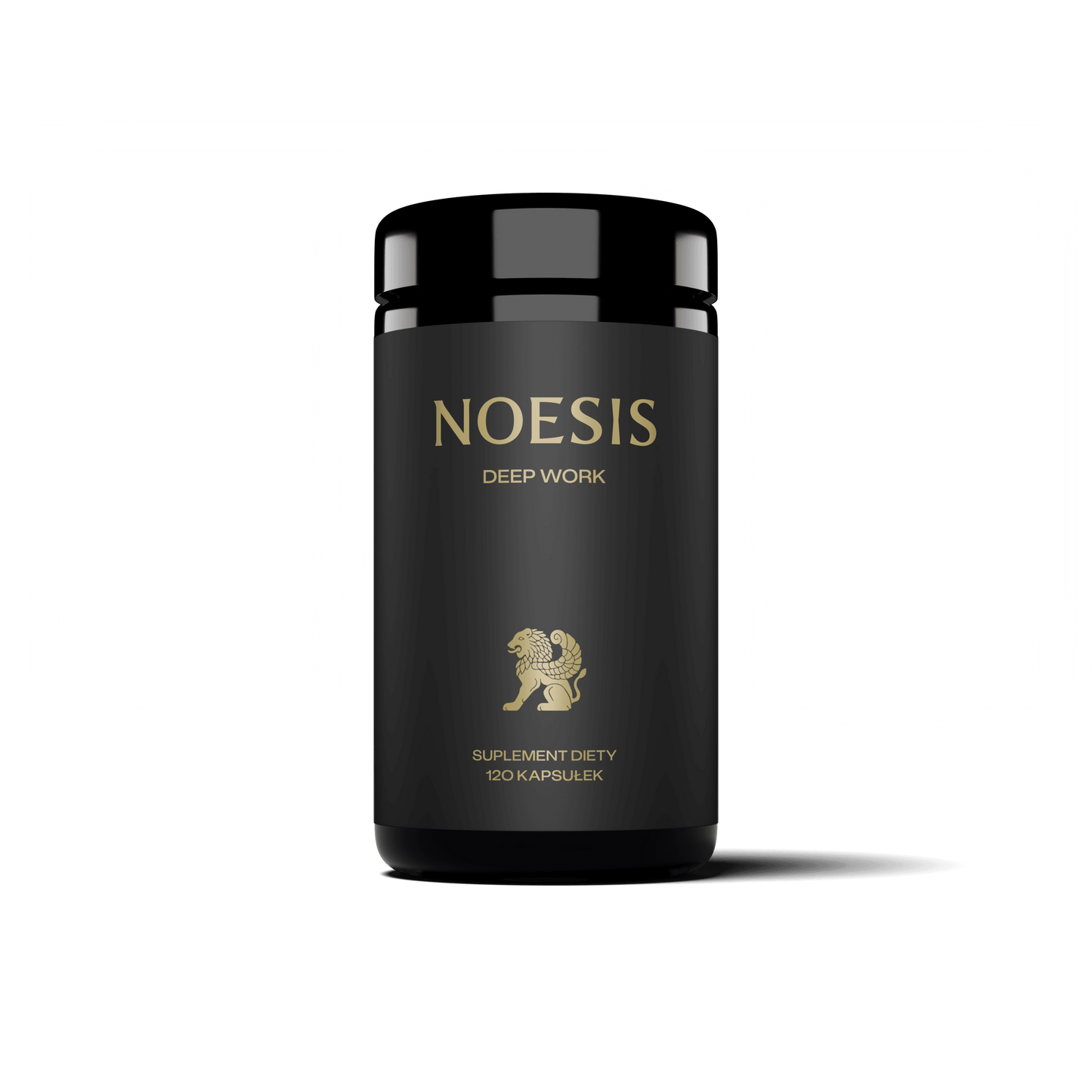
Perseverance. This word sounds simple, but few people realize the power it holds. Every day, hundreds of people make the decision to change. And every day, some of them give up. Probably because they lacked not talent, not resources, but perseverance in pursuing a goal. What motivates us can be different - a dream of better health, a desire for promotion, a need for greater independence. But what keeps us going regardless of the weather, mood or circumstances is consistency and perseverance. If you want to keep looking for excuses, don't read any further. If you want to find a way to success - I invite you.
The key to achieving personal goals and success
There is no lasting success without discipline. You can be lucky, have a momentary impulse or talent, but it is the consistent actions taken every day that lead to long-term achievements. Consistency means the ability to do certain tasks even when we don't feel like it. And that is why it is so crucial - because it works where enthusiasm ends.
Consistency is also one of the best ways to build motivation. It's a myth that we first need to feel a surge of energy to start taking action. In reality, actions generate motivation, not the other way around. When you do something regularly, you start to see results - and that motivates you to keep trying.
Motivation – what works in the long run?
In building consistency, it is important to understand where motivation comes from and what its types are.
These are rewards, recognition, bonuses, competition, pressure – all the stimuli coming from the environment. It works quickly, it can be very effective in short-term situations – especially when we want an immediate result or mobilization to act. Nothing forces us to make an effort as effectively as a close deadline or the vision of a reward. This is why bonus systems, competitions or quarterly goals work well in sales, for example.
However, the problem with external motivation is that its power fades as quickly as it appears. When the external factor disappears, so does the desire to act. An employee stops trying when there is no bonus. A student puts away his books when an exam is over. An athlete loses his rhythm when there is no rival. Making progress dependent on external rewards means there is a lack of stability and long-term commitment to action.
That is why, over time, we need something more. We need internal motivation – the one that comes from our values, identity and personal beliefs. This is what gives us the greatest strength, because it does not depend on the environment or current mood. People who act from internal conviction are more resistant to obstacles, more persistent, ready to act despite adversities.
In the long run, we need to learn to derive satisfaction from the process itself, not just the reward. Working on yourself, sports, personal development – all of this requires years of consistency. If the only motivation is the result, it is easy to burn out. But if we start to feel satisfaction from the fact that we take action every day, develop, make progress, then we build a lasting foundation.
This is especially important in areas that require years of commitment – such as science, sports, team development or running your own business. When we act from inner conviction, perseverance comes naturally, we do not deviate from the path that has value to us.

Perseverance and consistency are the pair that leads to success
The daily choices you make – even when you don’t see the results yet – determine whether you’ll achieve your goal. Whether it’s developing at work, changing your lifestyle or building a team – persistence matters more than momentary enthusiasm.
Consistency means that you return to your plans despite fatigue, difficulties, or the temptation to give up. You don't do it once a week, but regularly. Not when your conditions are ideal, but when your conditions are average.
From a psychological point of view, people with high perseverance cope better with obstacles, recover more quickly from setbacks, and have greater resistance to stress.
Habits as the foundation
Building discipline is like building a house. And the foundation of that house is habits. These repetitive, automatic actions are the “bricks” of daily progress.
Each of us makes dozens of decisions every day. If we don’t build supportive habits, we spend energy wondering what to do next. It’s tiring. When we act automatically, we save resources and can focus on more important things.
So how do you build habits that support you in achieving your goals?
- Start small – do something today that doesn't require much effort.
- Repeat this every day – make it a permanent part of your day.
- Monitor your progress – mark each day you completed your plan.
- Be patient – building a new habit takes time.
- Reward yourself – positive reinforcement strengthens the pattern of action.
In this way, you will build a structure in which inaction becomes the exception, not the norm.
Action Despite Obstacles – How to Cope with Difficult Moments?
Everyone, regardless of their level of motivation, encounters difficulties. It is inevitable. There comes a day when you don't feel like doing anything, your plan falls apart, and your stress increases. In such moments, it is worth remembering that the action does not have to be big. Anything is enough to keep the rhythm.
If you don't have the strength to run for an hour, go for a 30-minute run. If you can't go to the gym, do 10 push-ups. If you don't feel like writing, write one sentence. The key is not size, but consistency and regularity. Perseverance is built through action, not by thinking about action.

Why is all this worth it?
Increased consistency and ability to act bring real benefits, such as:
- Better results at work and at school,
- More self-confidence,
- Fewer mood swings,
- A greater sense of control over your life,
- Better relationships and organization of teamwork.
Regardless of your personality type or the environment you live in, it is worth developing the ability to persistently pursue a goal. It is this persistence that often makes the difference between those who dream and those who achieve.
Consistency and persistence are not punishments. They are a way of life that is less dependent on your mood, the weather, or your surroundings. They are the ability to do things that matter, even if they are uncomfortable. Motivation can help you get started, but it is consistency, persistence, and systematic action that will get you to where you really want to be.
I know it's not always easy. But that's exactly why it's worth it - because the harder something is at the beginning, the greater the results.







